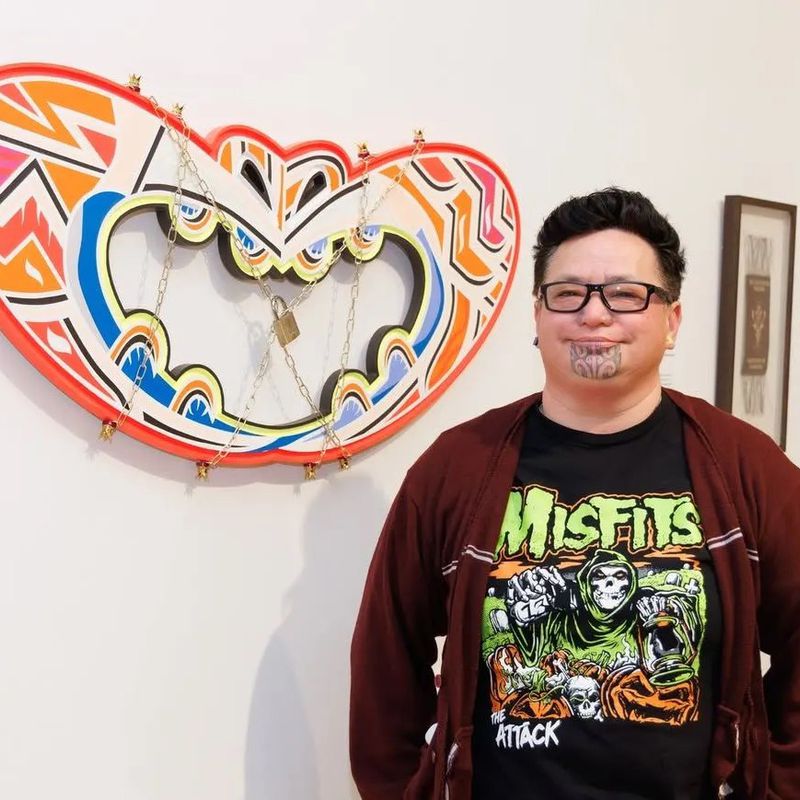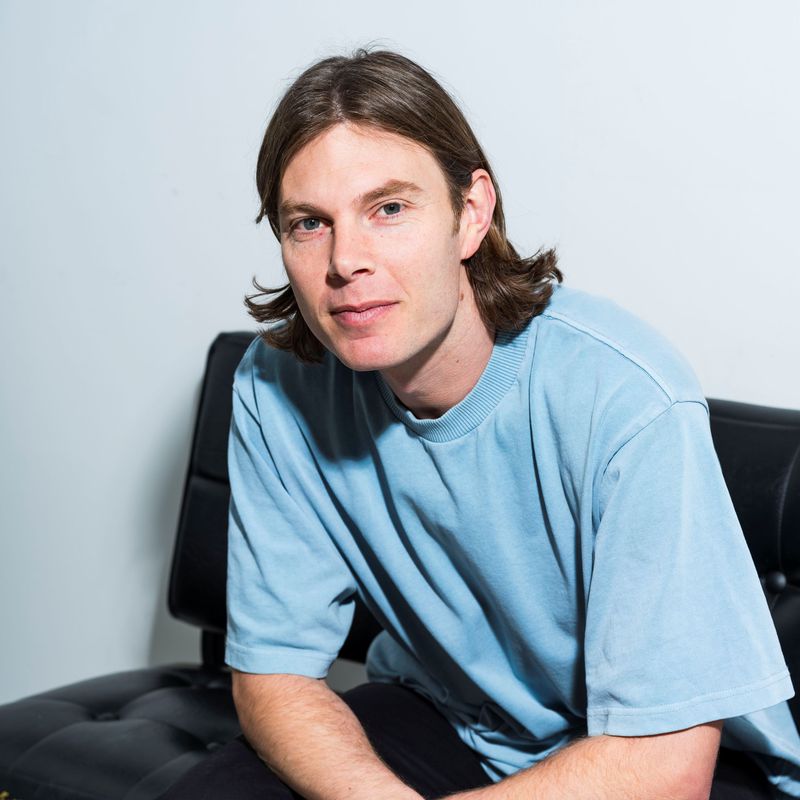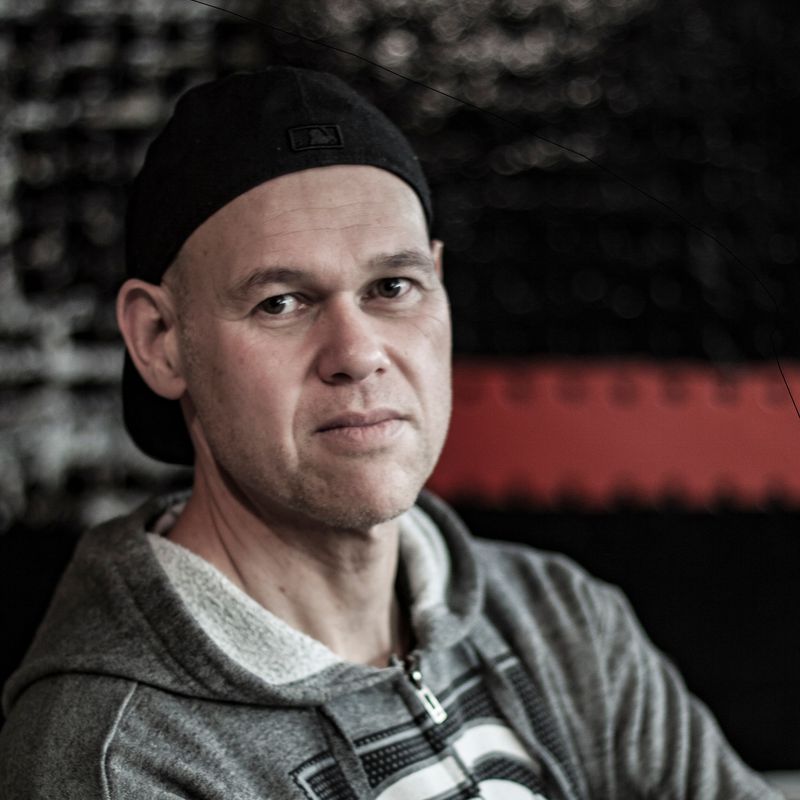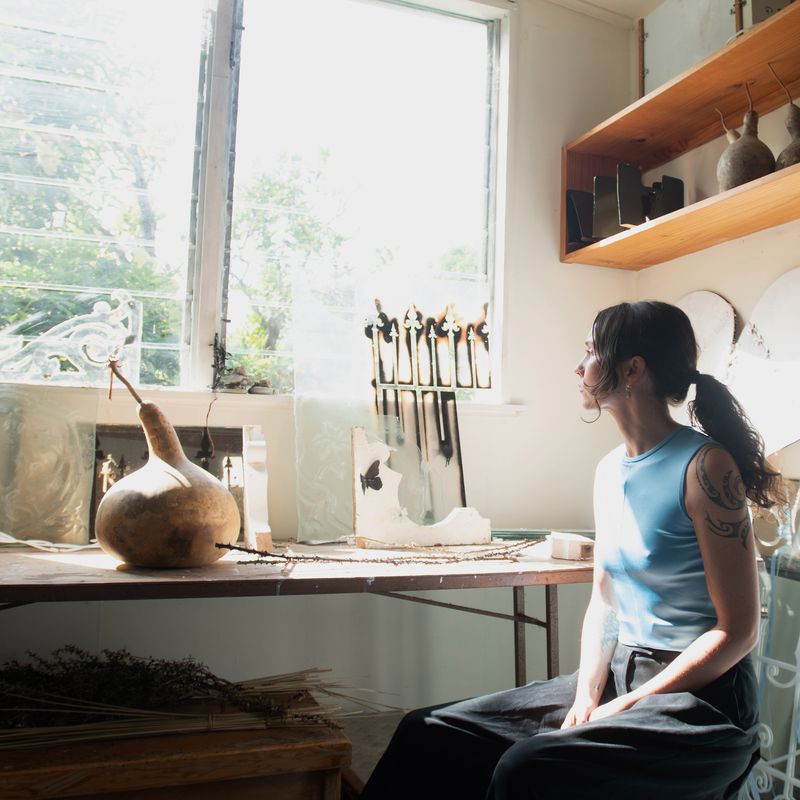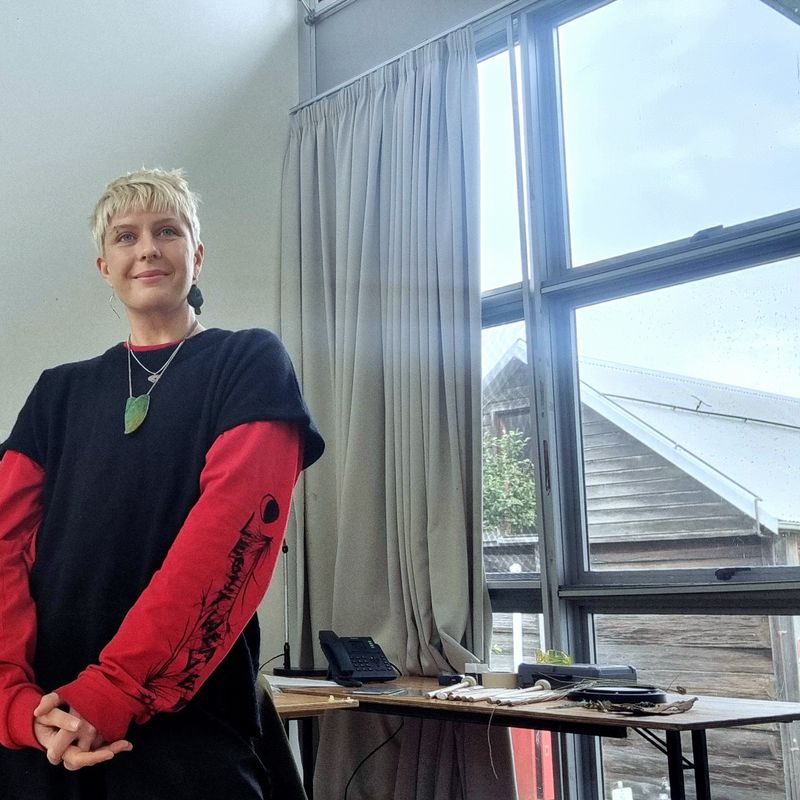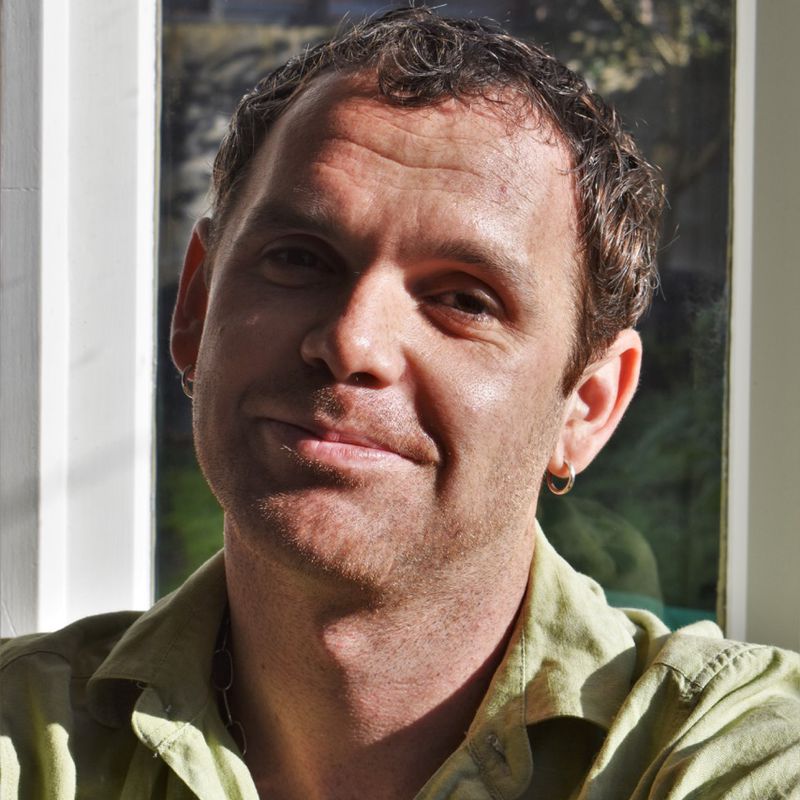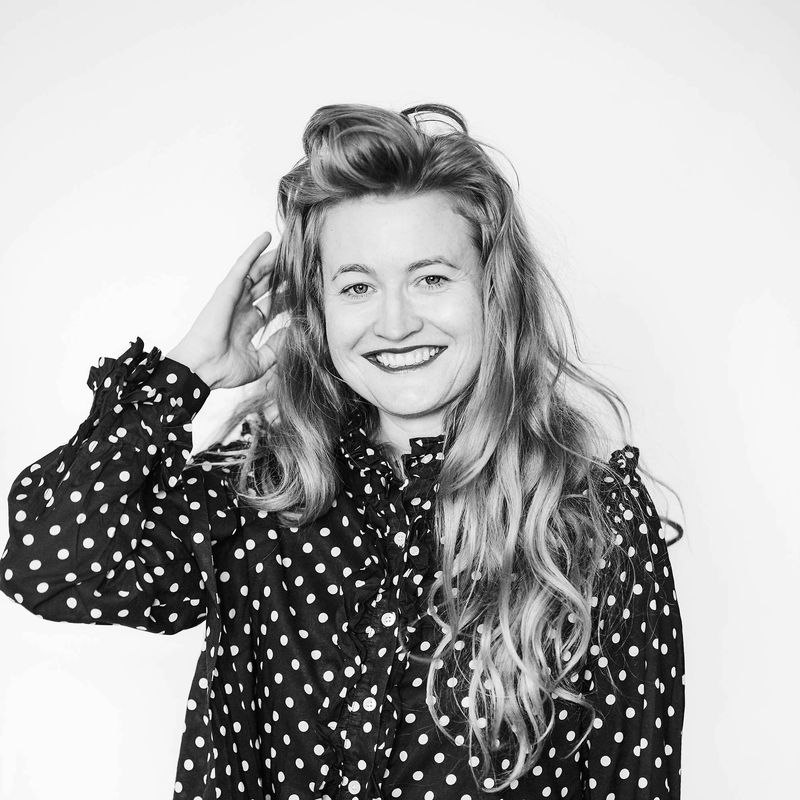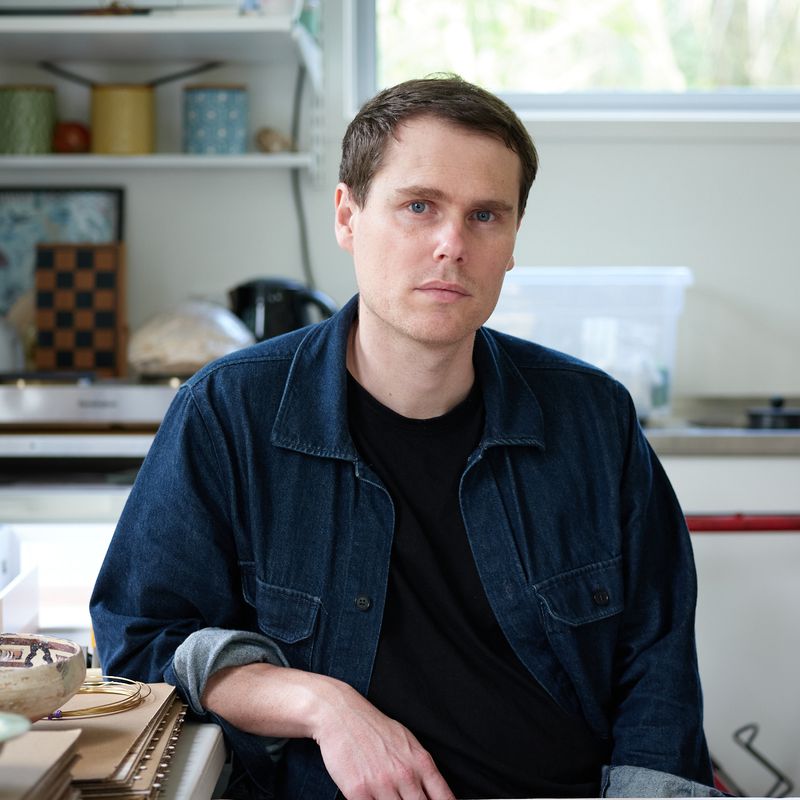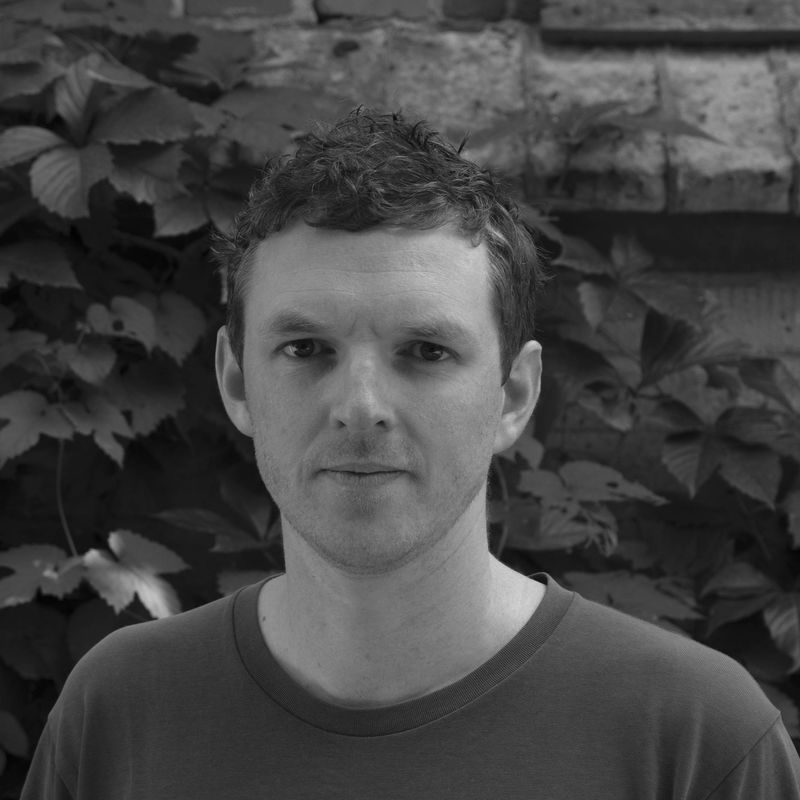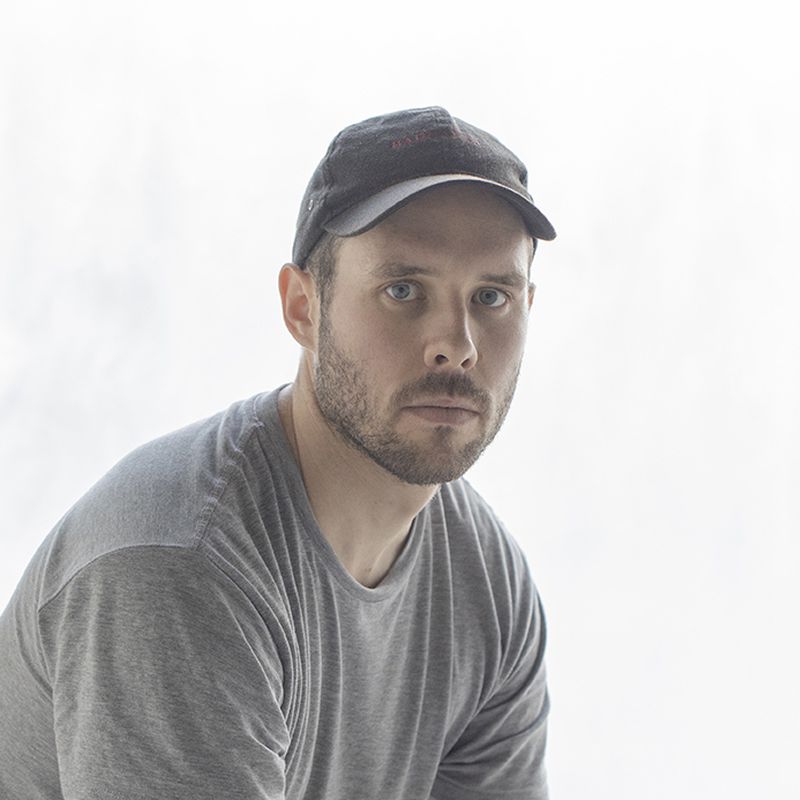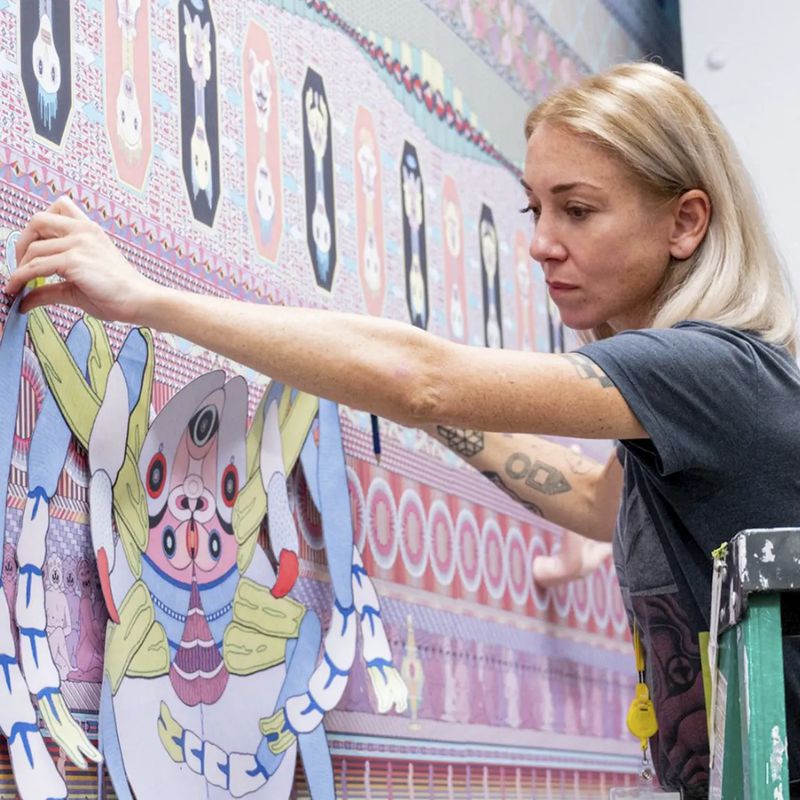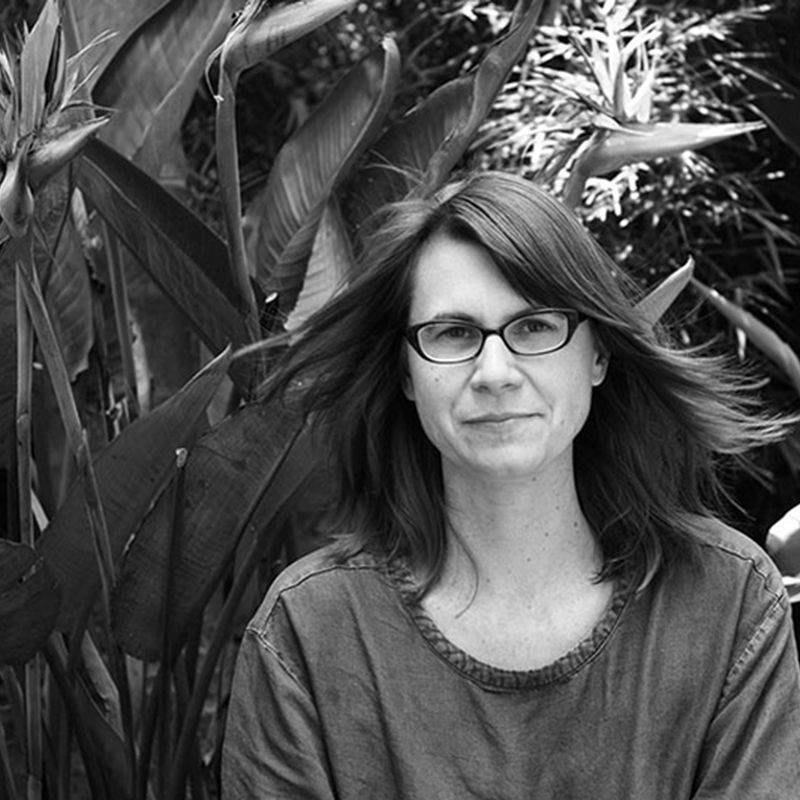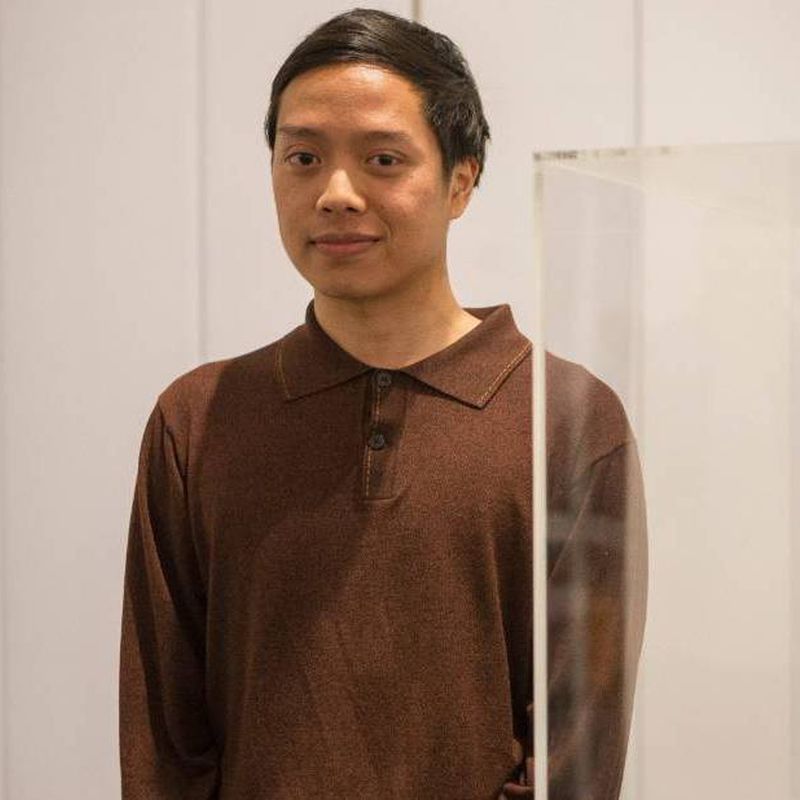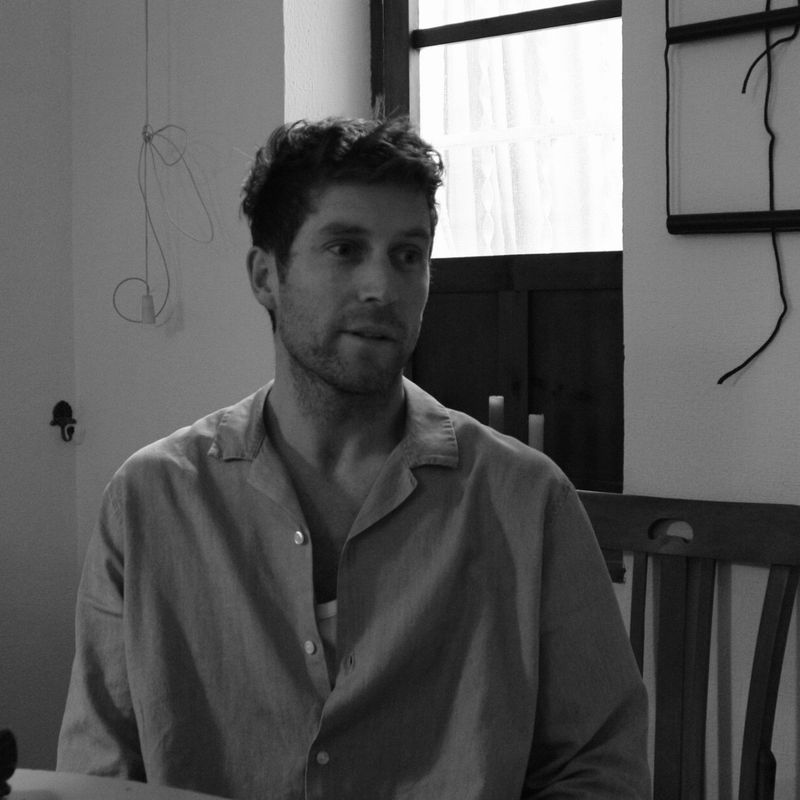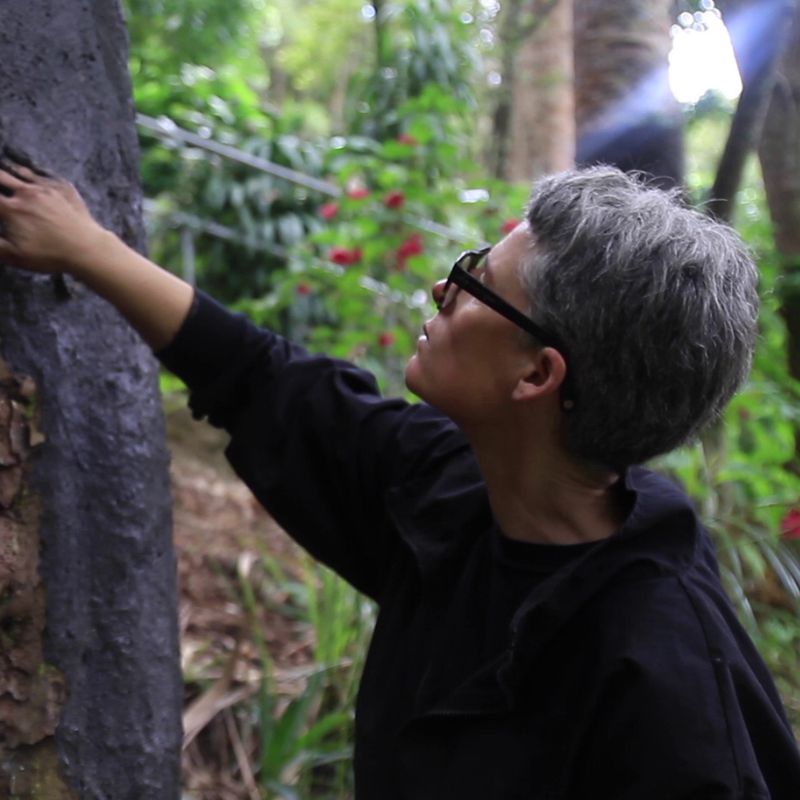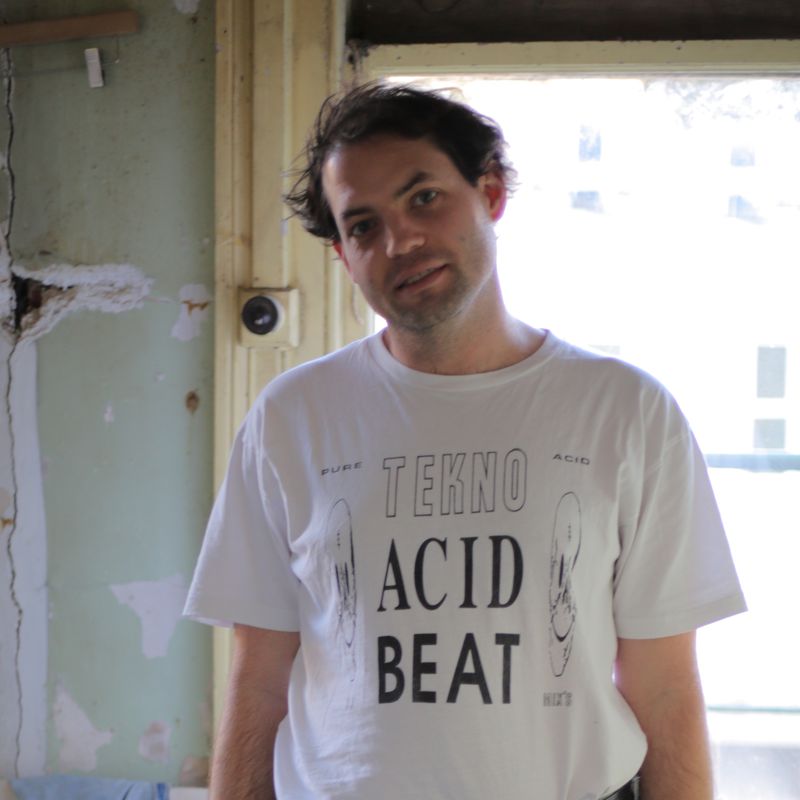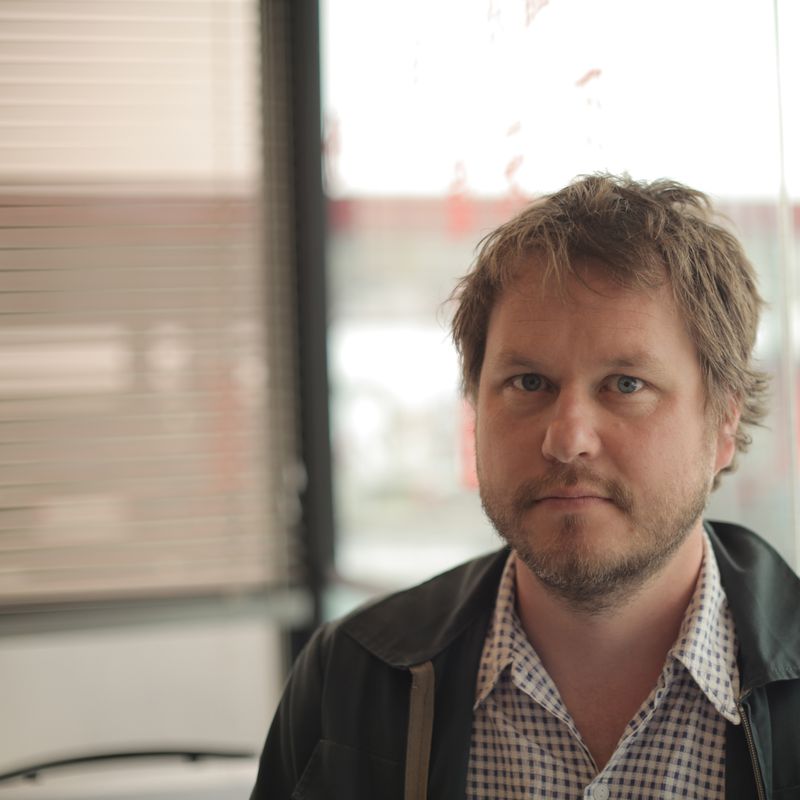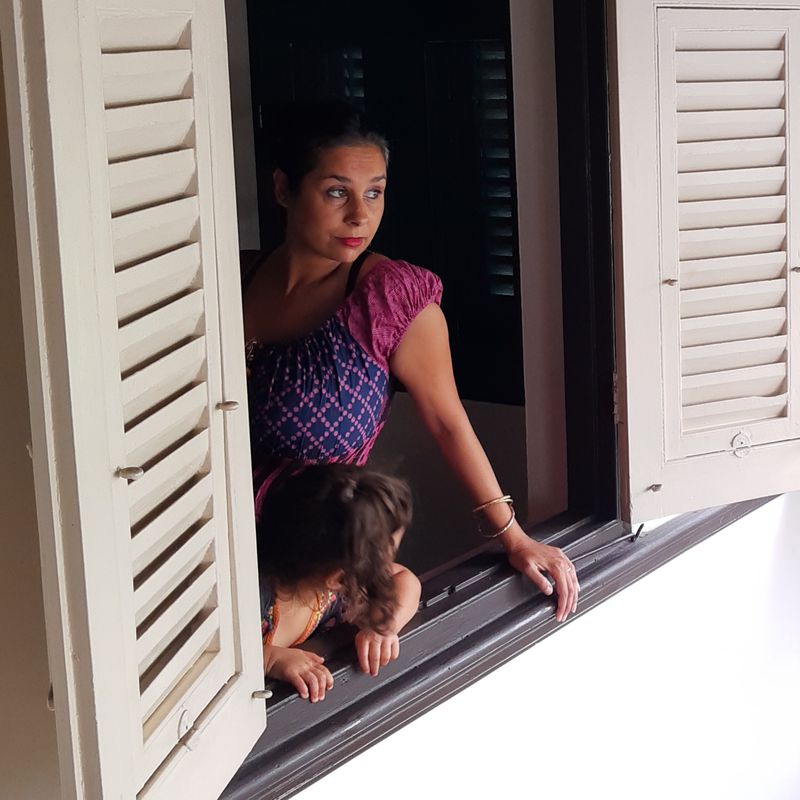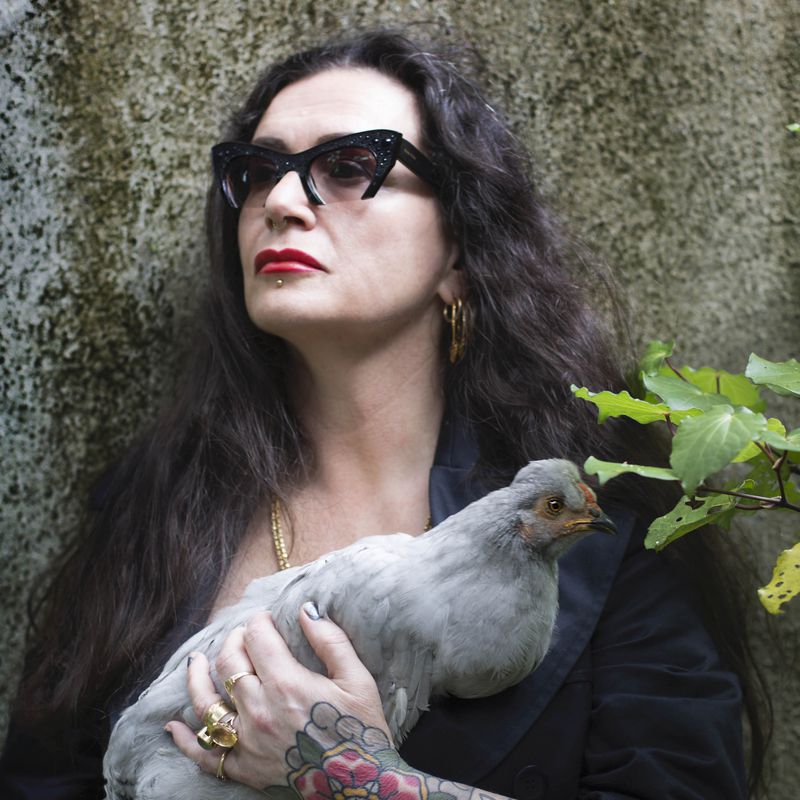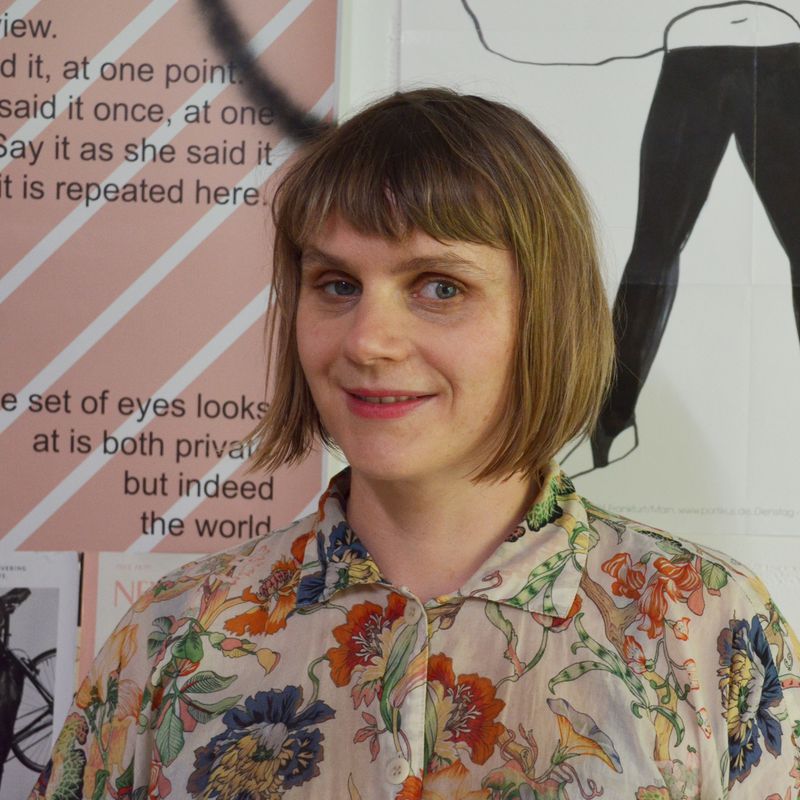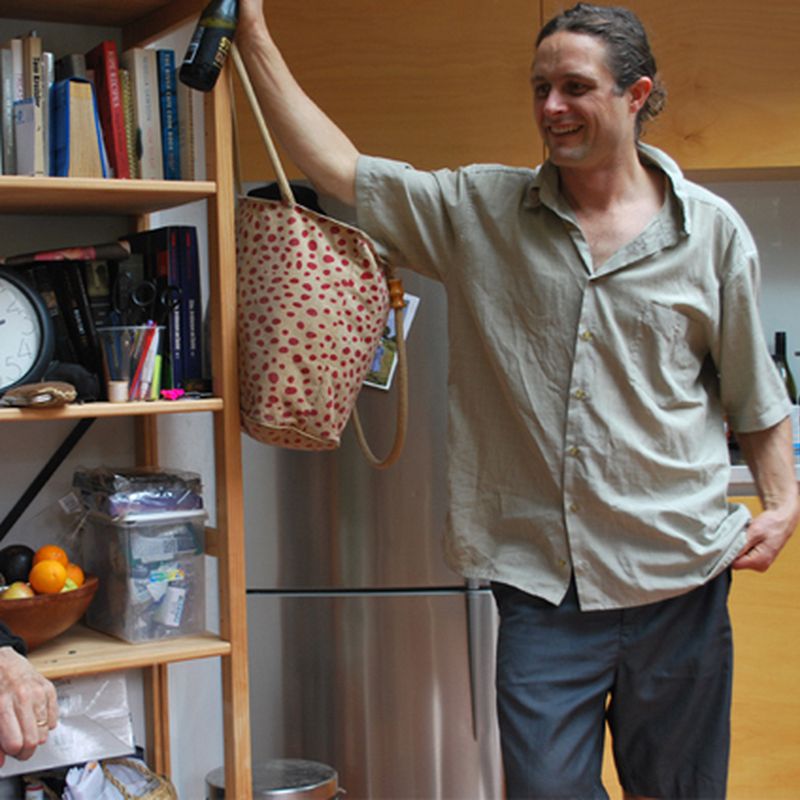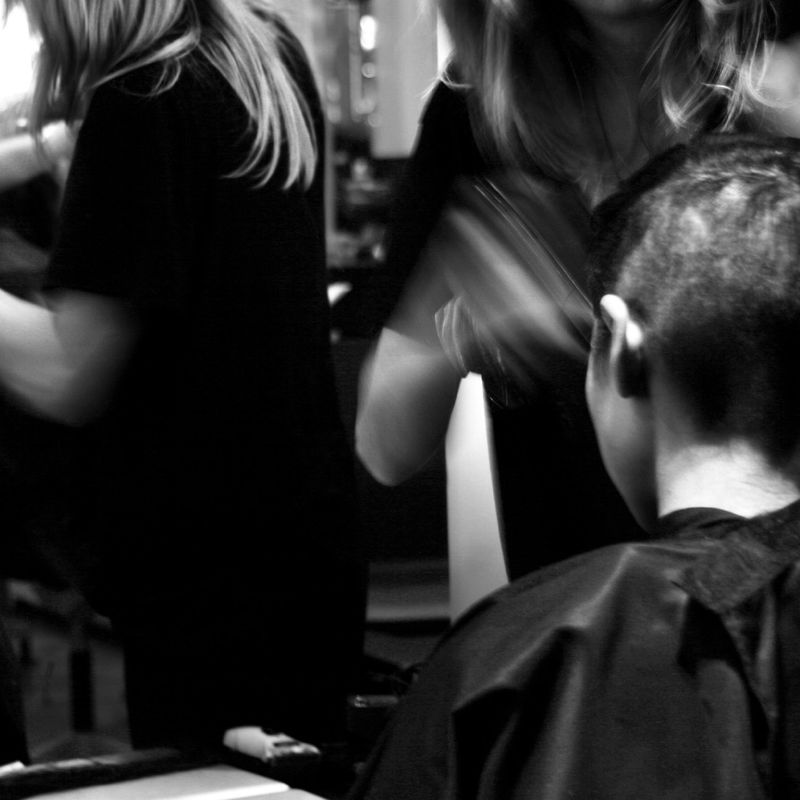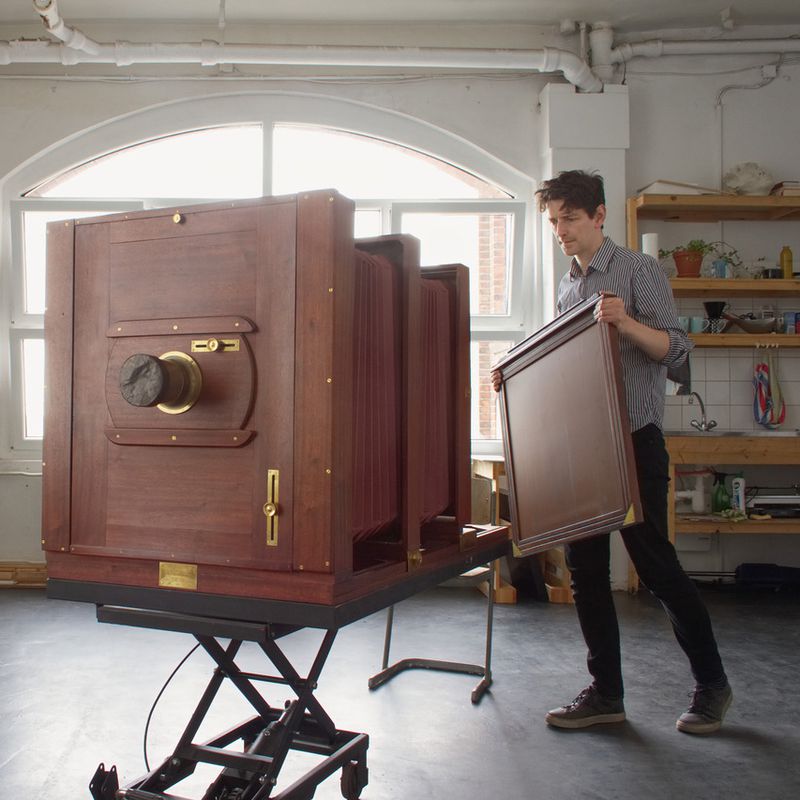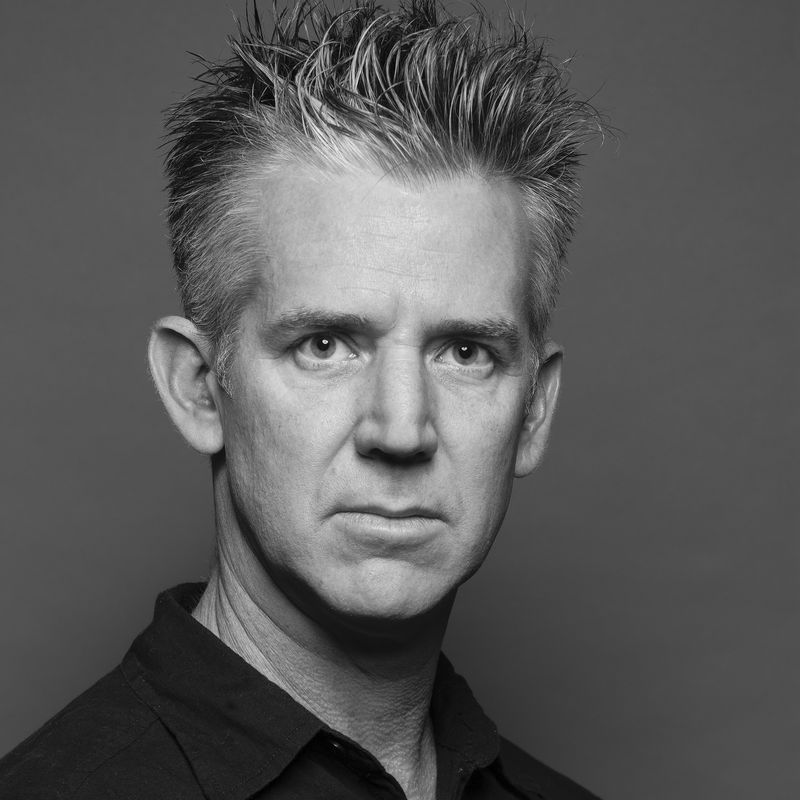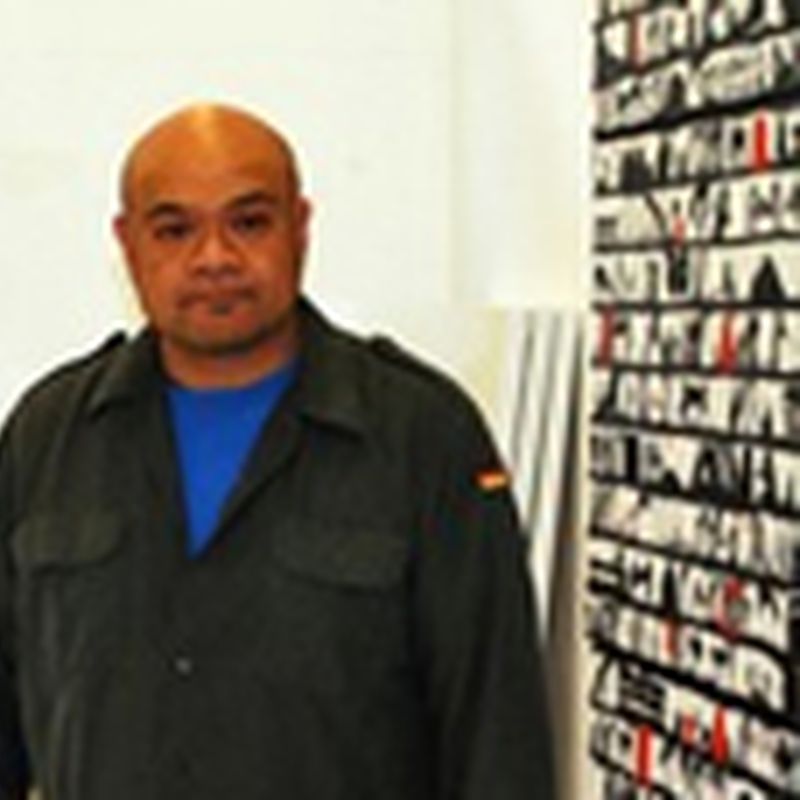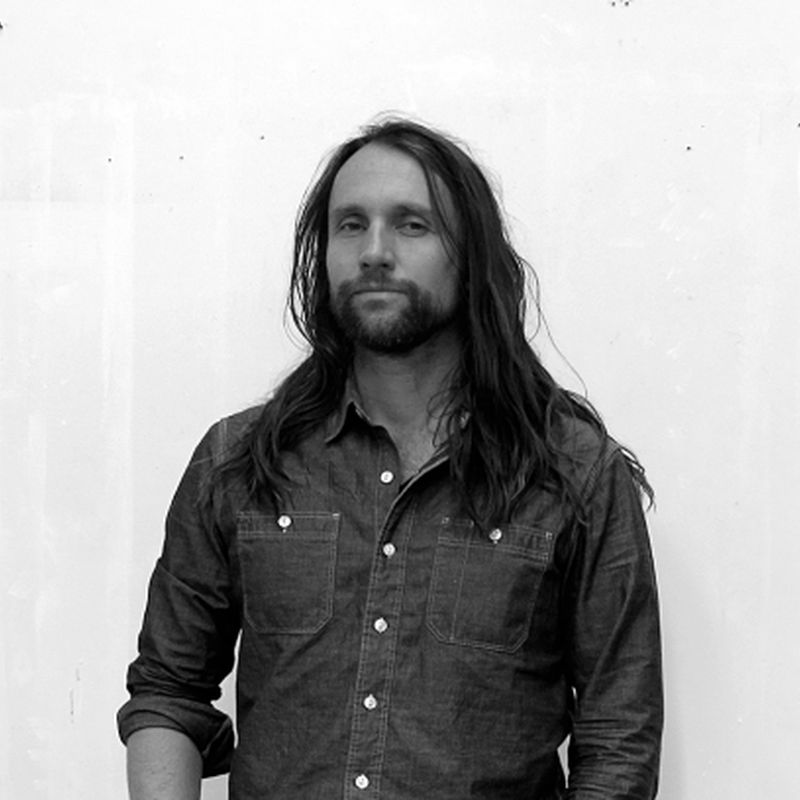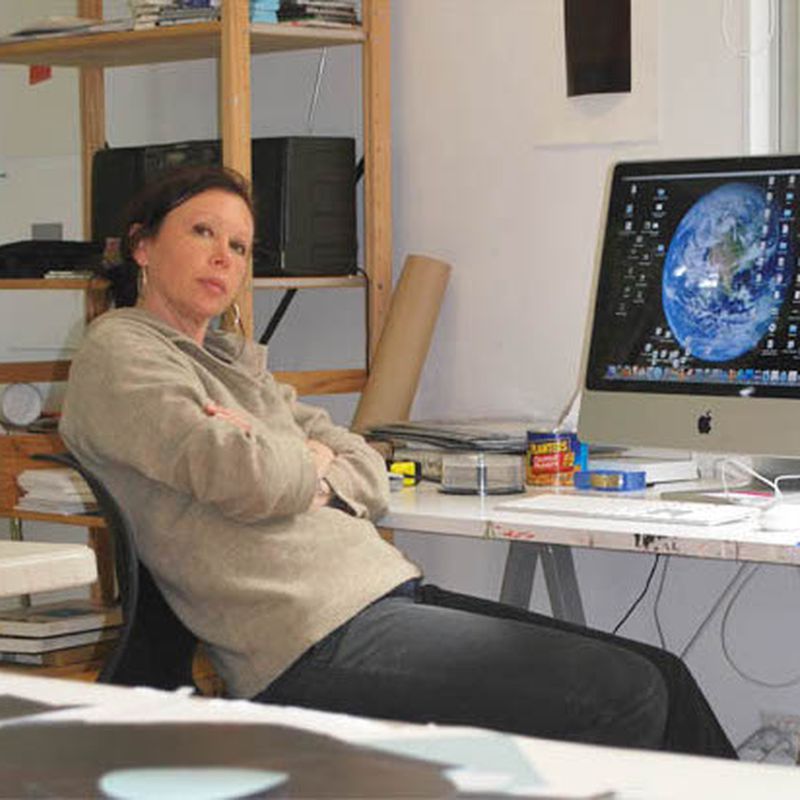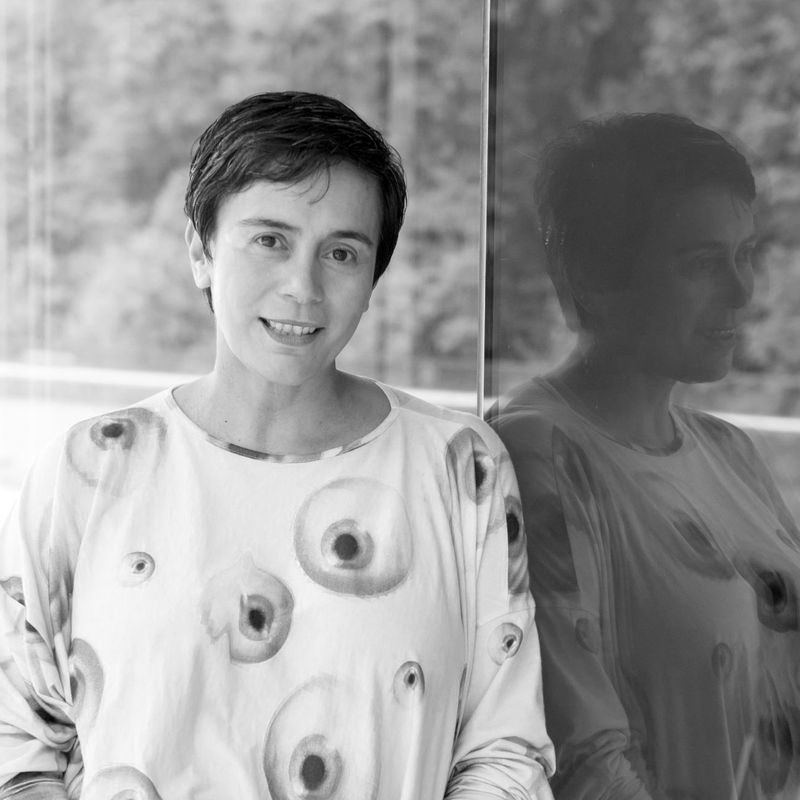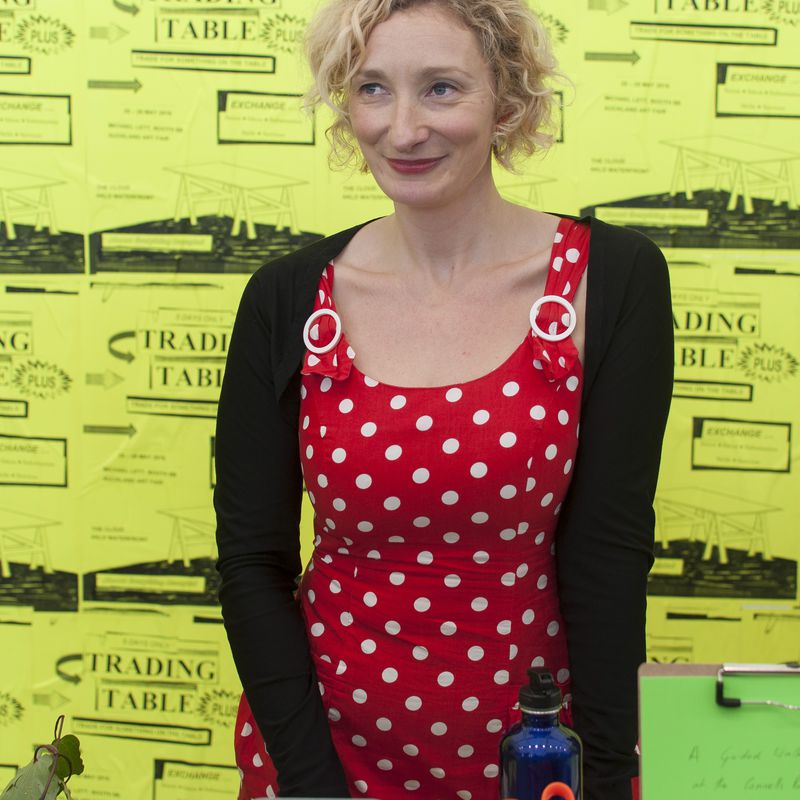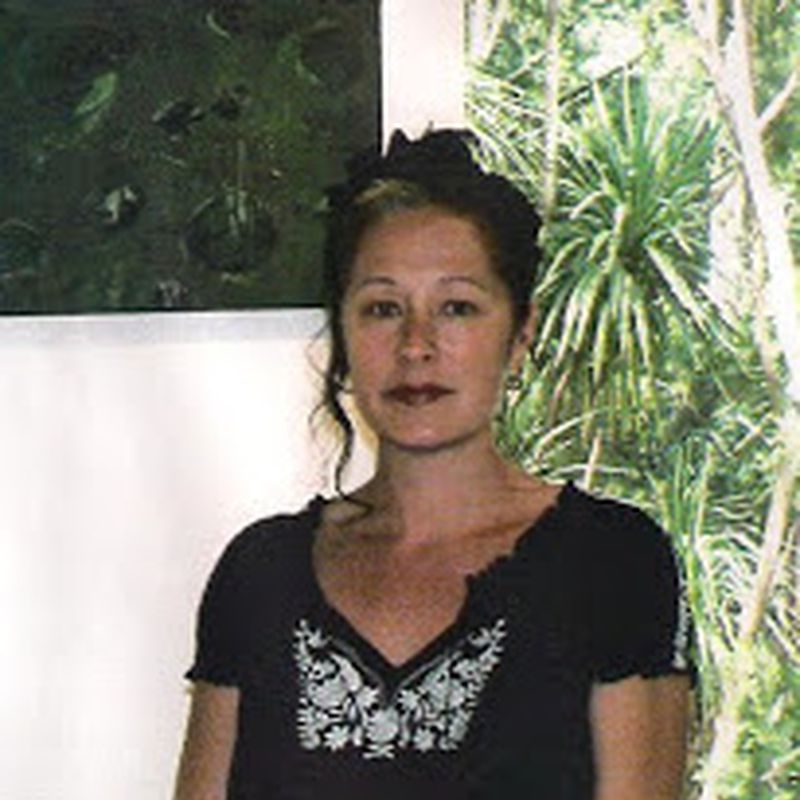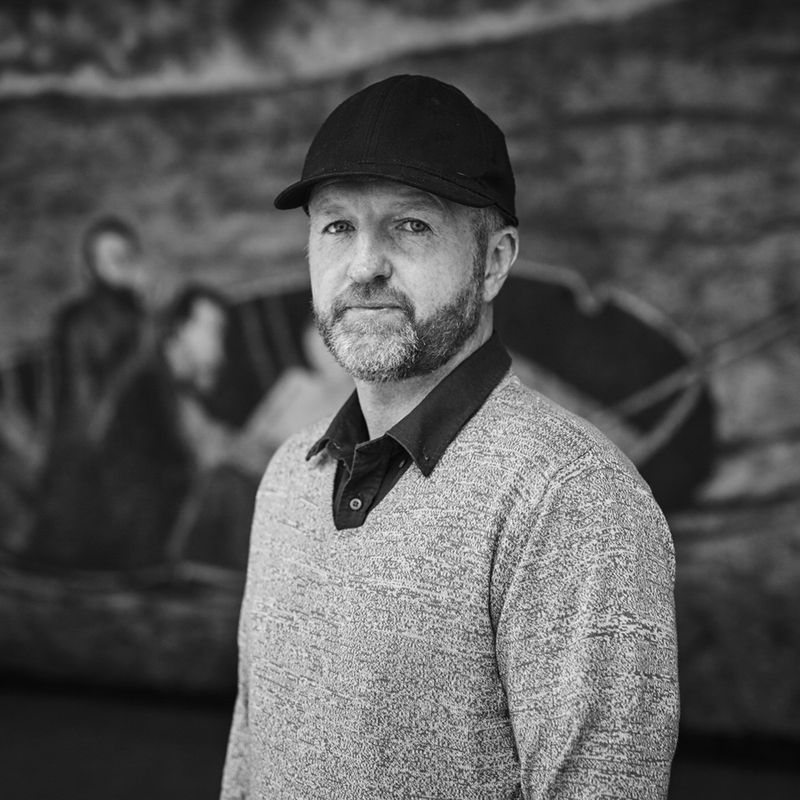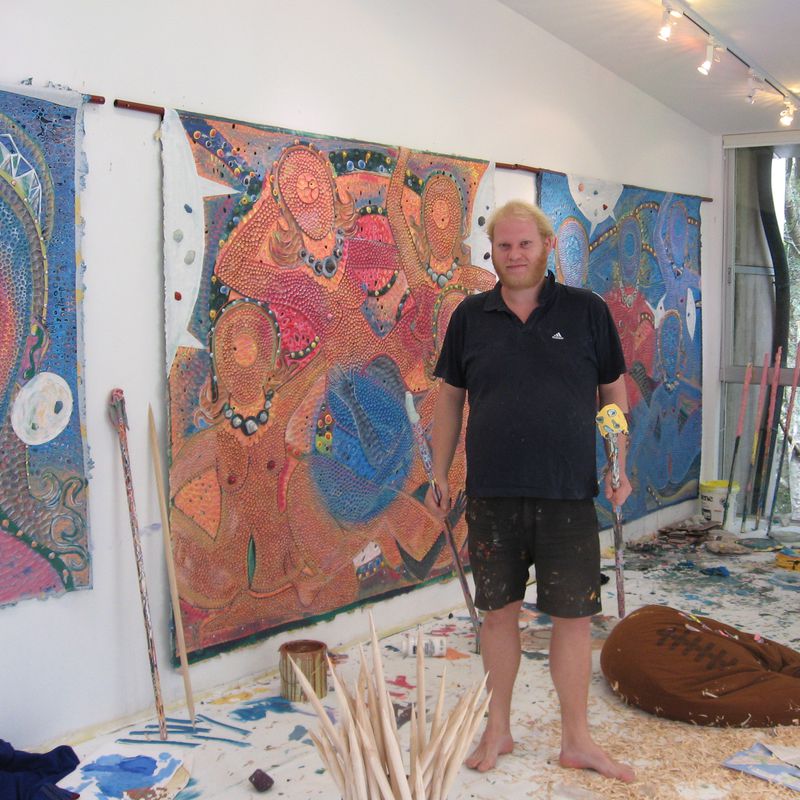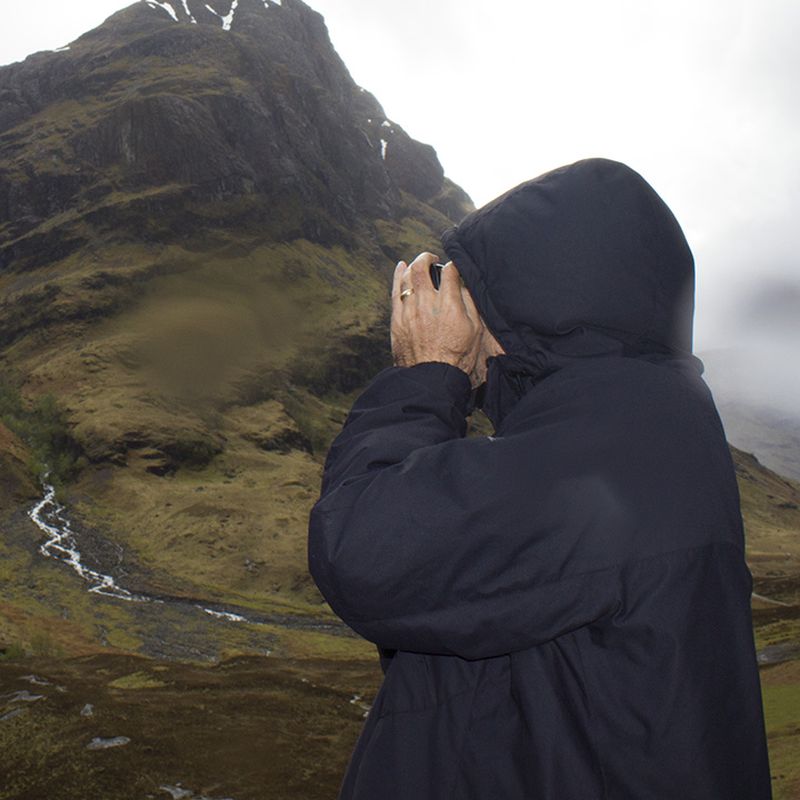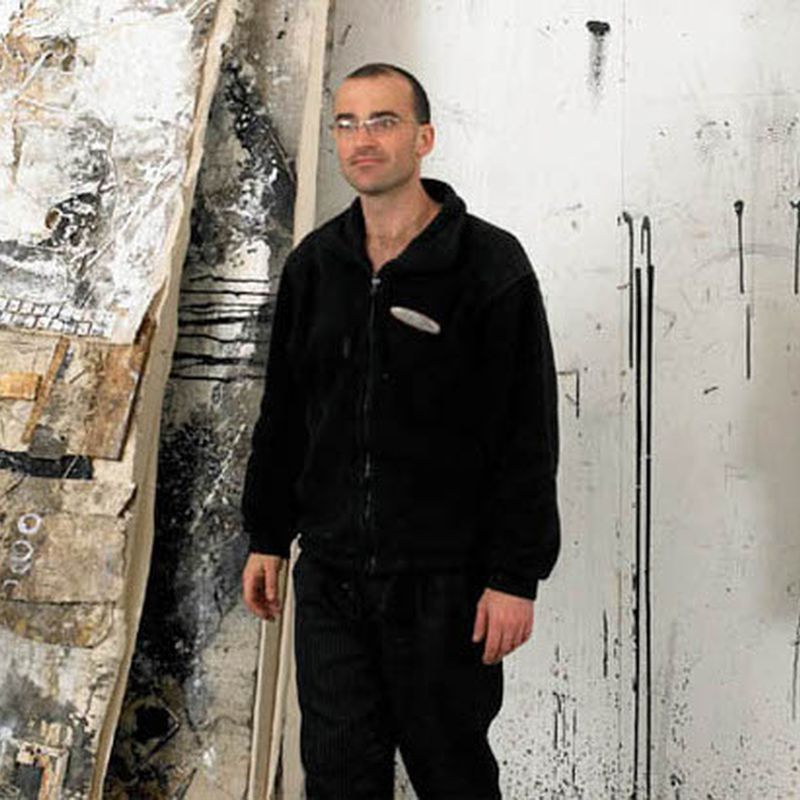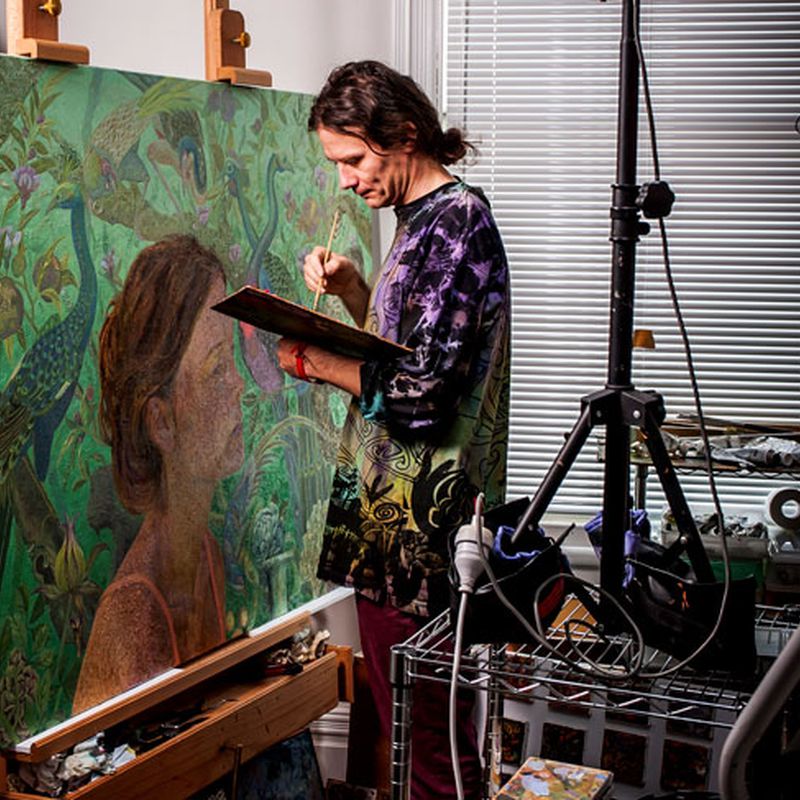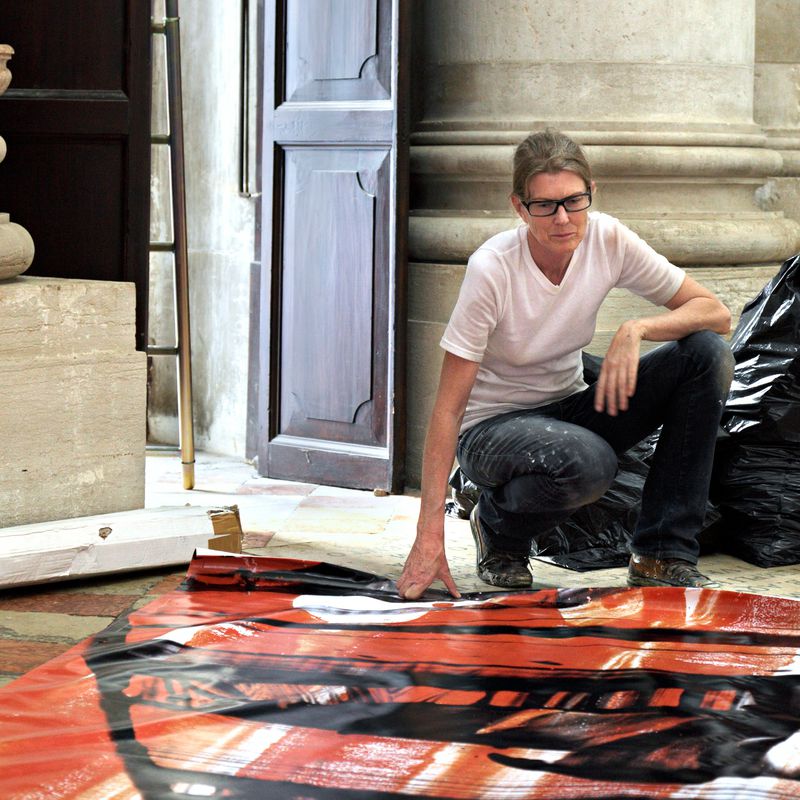- Amy Howden-Chapman2014
- Ana Iti2020
- Andrew McLeod2007
- Andy Leleisi’uao2010
- Anoushka Akel2024
- Ava Seymour2009
- Ayesha Green2022
- Ben Cauchi2011
- Benjamin Work2024
- Bepen Bhana2016
- Campbell Patterson2015
- Cora-Allan Lafaiki Twiss2021
- Dan Arps2014
- Daniel Malone2014
- Emily Karaka2021
- Emma Fitts2018
- Eve Armstrong2009
- Fiona Pardington2013
- Gavin Hipkins2007
- George Watson2024
- Glen Hayward2011
- Imogen Taylor2017
- James Robinson2007
- Jess Johnson2019
- Jim Speers2010
- Juanita McLauchlan2025
- Judy Millar2006
- Kathy Barry2012
- Lisa Reihana2009
- Liyen Chong2012
- Louise Menzies2016
- Luise Fong2008
- Madison Kelly2024
- Martin Basher2010
- Matthew Galloway2025
- Michael Stevenson2023
- Moniek Schrijer2021
- NELL2023
- Neke Moa2023
- Nicola Farquhar2018
- Oliver Perkins2017
- Owen Connors2023
- Regan Gentry2012
- Richard Frater2020
- Richard Lewer2008
- Rohan Wealleans2008
- Rowan Panther2025
- Ruth Buchanan2013
- Sarah Hudson2025
- Sarah Smuts-Kennedy2016
- Sefton Rani2025
- Sorawit Songsataya2018
- Steve Carr2020
- Suji Park2015
- Tanu Gago2022
- Taro Shinoda2017
- Tiffany Singh2013
- Tim Wagg2019
- Wayne Youle2019
- Zac Langdon-Pole2022
- Zena Elliott2026
Campbell Patterson
YEAR OF RESIDENCY
March - April 2015
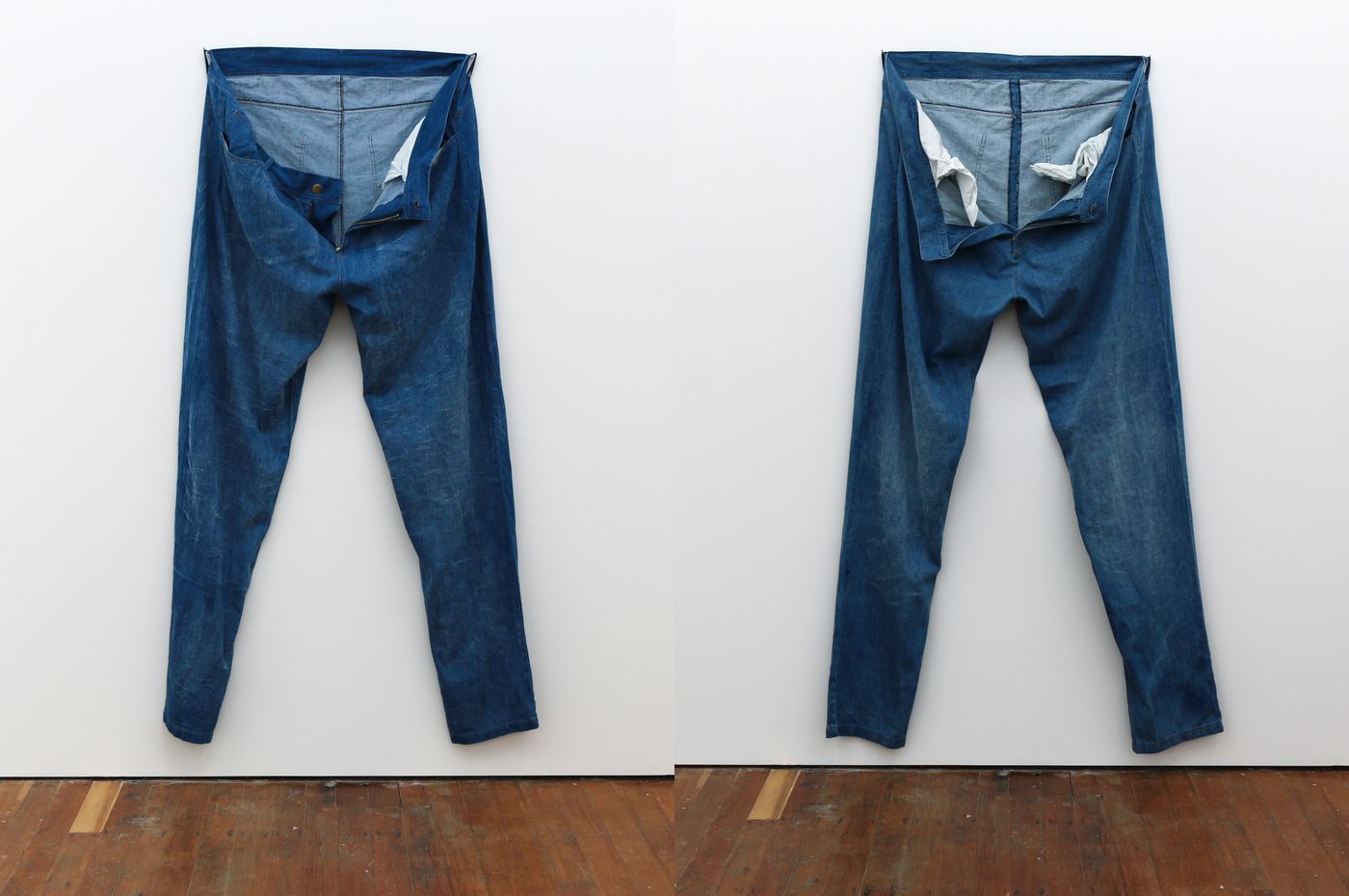
Patterson's practice is driven by everyday experiences in the suburban environment and he uses a variety of mediums flexibly and interchangeably. He has an interest in observation and marking units and passage of time. His short videos and sculptural objects have been described as walking a fine line between stoic pragmatism and repetitive absurdity, and his paintings have been referred to as stemming from his conscious immersion in the mundane. In his video work he documents the use of his own body and its interactions with his immediate environment.
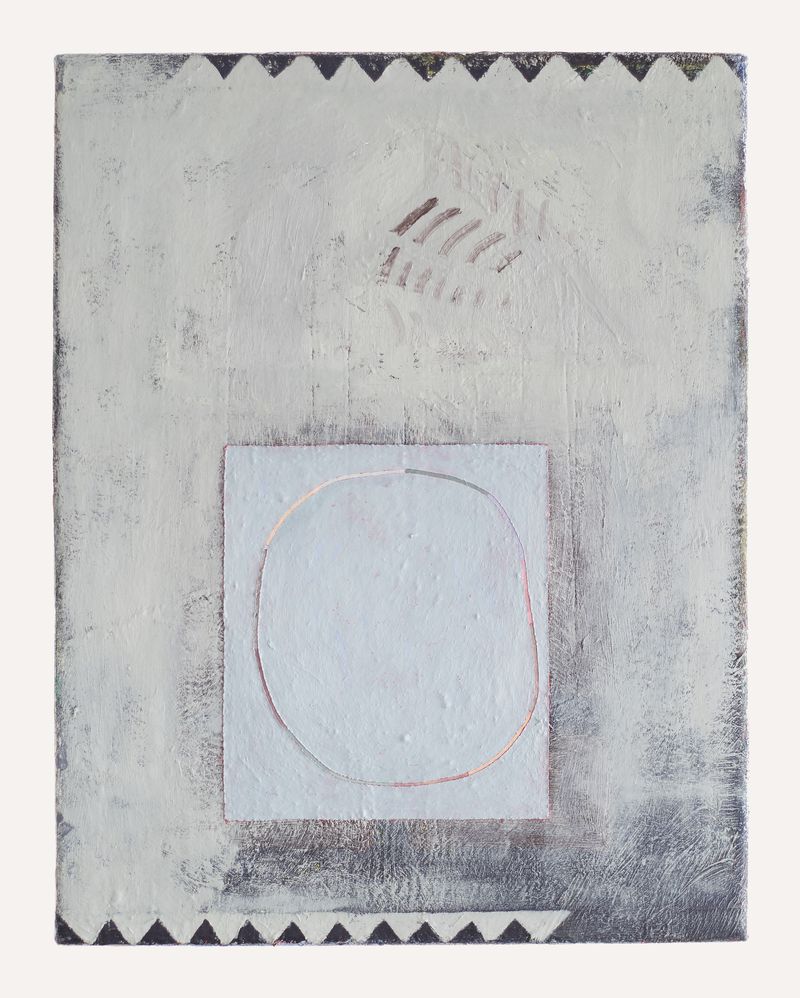
Campbell Patterson, Grumpy, 2019, oil on canvas, 350 x 450 mm
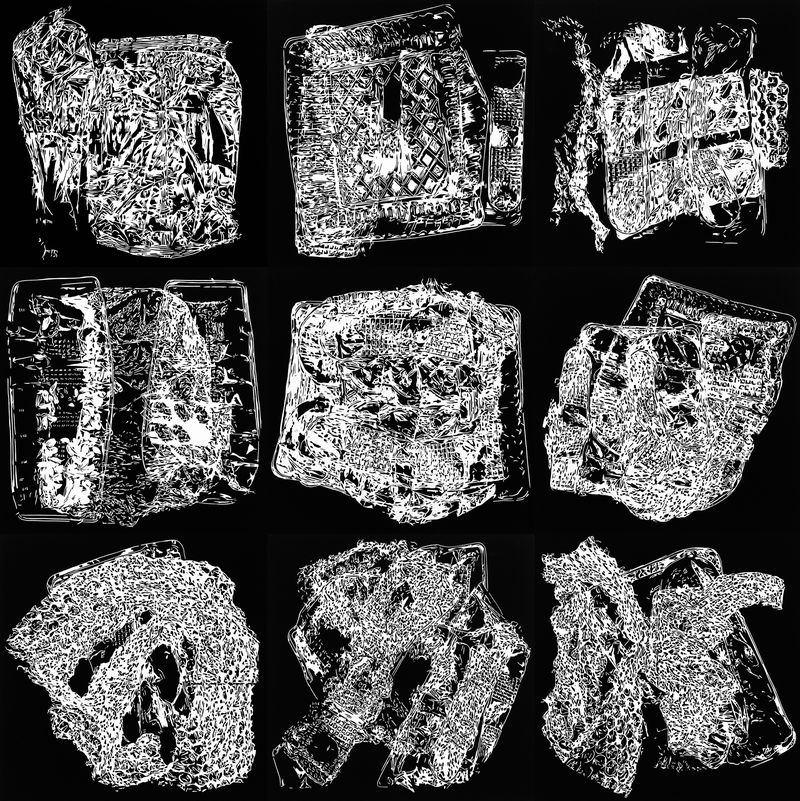
Campbell Patterson, exterior #1,2,3,4,5,6,7,9,_10, 2018, linoprints, dimensions vary
Emmalee Bauer of Elkhart worked for the Sheraton Hotel company in Des Moines until she was fired for using her employer's computer to keep a journal which recorded all of her efforts to avoid work. "This typing thing seems to be doing the trick," she wrote. “It just looks like I am hard at work on something very important." And indeed she was. Her book-length work hits on something fundamental about wage labor and the spectacle, namely the separation of labor from desire. One works not because one particularly wants to, but for them wages, with which to then purchase commodities to fulfill desires.1
— Mckenzie Wark
A historicised mansplaining haunts Patterson's performance work. Endless references to the schema of the heroic, able-bodied, upright, homo sapien are alluded to.2 The assured swagger of Pollock, Klein and Burden ghost him. But it is from the embodied perspective of the precariat that Patterson performs.3 This precariat—in the 'overdeveloped' world anyway—is likely to be a cultural worker, civil servant or artist in residence who engages in hybrid forms of labour, within part-time, freelance, and (always) overtime work.4 This precariat is the thoroughly networked and worked-through body of contemporaneity—the pulverised subject who occupies the fragmented meme-culture-quagmire of now.
The American reality TV show Dash Dolls chronicles the daily life of a group of young retail workers employed by the Kardashian's Hollywood fashion brand 'Dash Boutique'.5 The fashion brand outlet provides a fluorescently lit backdrop for the retail workers' familial dramas, romances, interpersonal failings and career aspirations to unfold. Retail work aside, it becomes obvious that the performance of heteronormative desires encased in legibly gendered and racialised bodies is the real work of these 'dash dolls'. And it is this reality TV logic that might ghost our own worlds too, where, under the arch of brand loyalty, it is ones very own desiring production or the performance of ones life-world that is being subsumed under the sign of capital and integrated into a totalised market sphere. No wonder Jan Verwoert wrote that we no longer just work, we perform.6
After completing his three-month long residency in Titirangi at the McCahon House, Patterson began to chronicle, in writing, his life back at work at the Auckland Central Library. Scrawling handwritten notes on scraps of paper and translating them into word documents, his writing records, by the hour, details of his working life via a jumble of embodied and subjective states. Accounts of banal work tasks, emails, dealings with angry customers, jokes with staff members or being moved almost to tears by a country song, are all written in an undifferentiated pitch. Rendered in this stylistic monotone — just like being overcome by tiredness or swallowed by an opiate haze—his writing's flatness is affective. There is something molecular, something larval, bubbling away under this flat surface, shoring up a latency or potential coursing through the body of the everyday. But Patterson's writing also captures the bitter sweetness of work-life; of the everyday as both a situated and embodied site of praxis, and a space of wilting agency, as one waits and longs for the day to be over. I remember reading somewhere while working my own banal teen job at a winery that, at work, when a day seems to go so slow, life begins to seem far too short.
One thing that can be noted from reading Patterson's accounts is that the library as emblem, institution or duty bound civic entity is only the sum of its many minor and rearranging parts. Where it is really the stupid jokes, discussions of TV shows, blueberry muffins or the barely perceptible affective states coursing through a worker, that constitute the body or the whole of an institution. Similarly, the library never functions as a site of intended use alone: it is also a shelter, a meeting point, a wifi outlet, a place to sleep. It is then through its unintended uses, through dysfunctional and adaptive actions, that an institution might be shaped too.
In his writing, Patterson draws from the renewed traction that immanent, embodied and situated styles of writing are getting at present. But this interest in the diaristic also relates to his wider, ongoing body of work in which he draws and performs from the mundane space of daily life. Writing acts as a double agent within the everyday, or rather to doubly perform as a library worker and an art worker. It is through this hybrid that the precariat also emerges in Patterson's work. In this emergence, it is not so imperative to discern between where art and life might join or part, but more so to understand where certain kinds of work might end and certain kinds of life might begin.
Essay commissioned by the McCahon House Trust on the occasion of Campbell Patterson's residency and resulting exhibition Honky Tonkin', 28 November 2015 – 24 January 2016, at Te Uru Waitākere Contemporary Gallery
- Mckenzie Wark, The Spectacle of Disintegration: Situationist Passages out of the Twentieth Century, Verso, 2013, p. 5.
- The term precariat comes from the merging of the word precarious and proletariat to describes emergent forms of labour under neoliberal capitalism where, lacking the means of production, a social class must sell their labour to live, whilst suffering from the condition of precarity through lack of job security, intermittent employment or underemployment. See: “Precariat”, accessed 16 November 2015 https://en.wikipedia.org/ wiki/Precariat
- McKenzie Wark coins the term ‘overdeveloped’ world in his article for DIS. See: Mckenzie Wark, “Digital Labour and the Anthropocene”, in DIS Online, accessed 16 November 2015 http://dismagazine.com/disillusioned/discussion-disillusioned/70983/mckenzie-wark-digital-labor-and-the-anthropocene/
- Dash Dolls is an American reality television series that premiered on the E! cable network, on September 20, 2015. The show is a spin-off of Keeping Up with the Kardashians. The series features a group of young female employees, referred to as Dash Dolls, working in the upscale Dash boutique in Hollywood which is owned by the Kardashian family.
- Jan Verwoert, “Exhaustion & Exuberance: Ways to Defy the Pressures to Perform”, A pamphlet for the exhibition Art Sheffield 08: Yes and No and other options, 2008
Artist Artworks
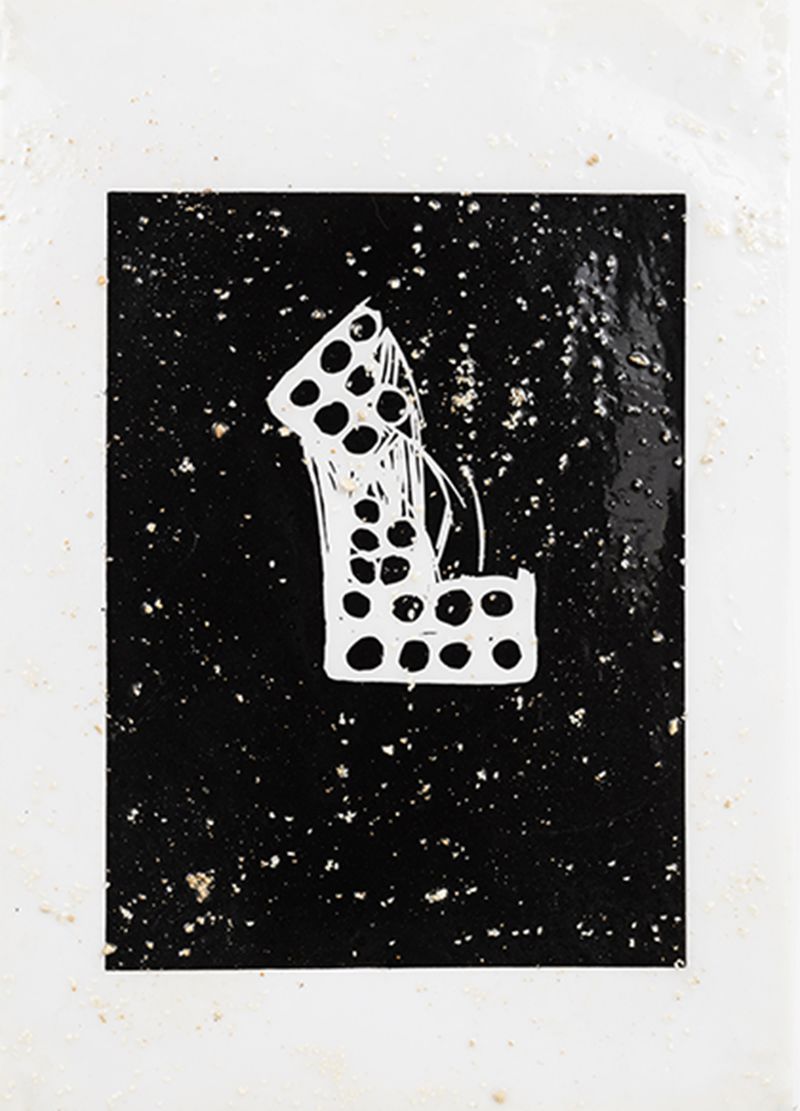
Campbell Patterson
Untitled 3
2015
ink, resin, sesame seeds and kitty litter on paper
230 x 162mm
$1,100 (unframed)
Contact us to purchase this edition.
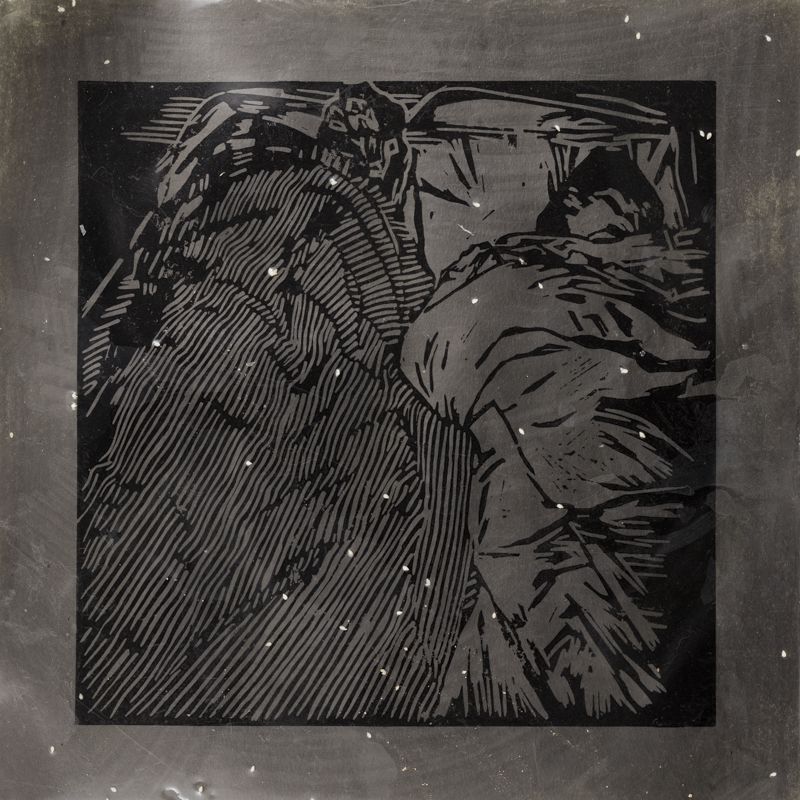
Campbell Patterson
Untitled 1
2015
graphite, ink, resin and sesame seeds on paper
380 x 380mm
Sold
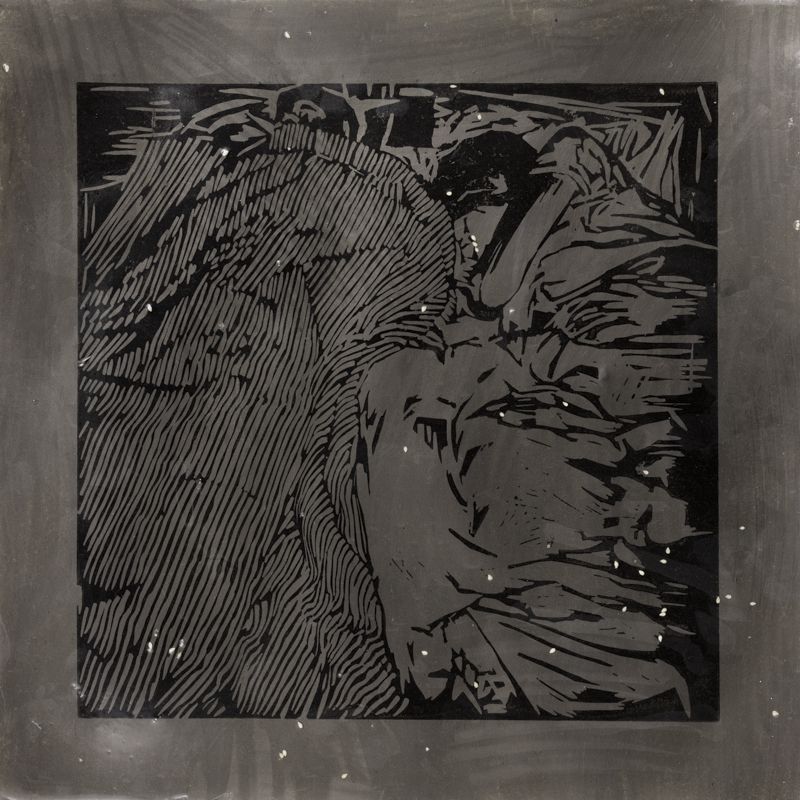
Campbell Patterson
Untitled 2
2015
graphite, ink, resin and sesame seeds on paper
380 x 380mm
Collection of McCahon House Trust
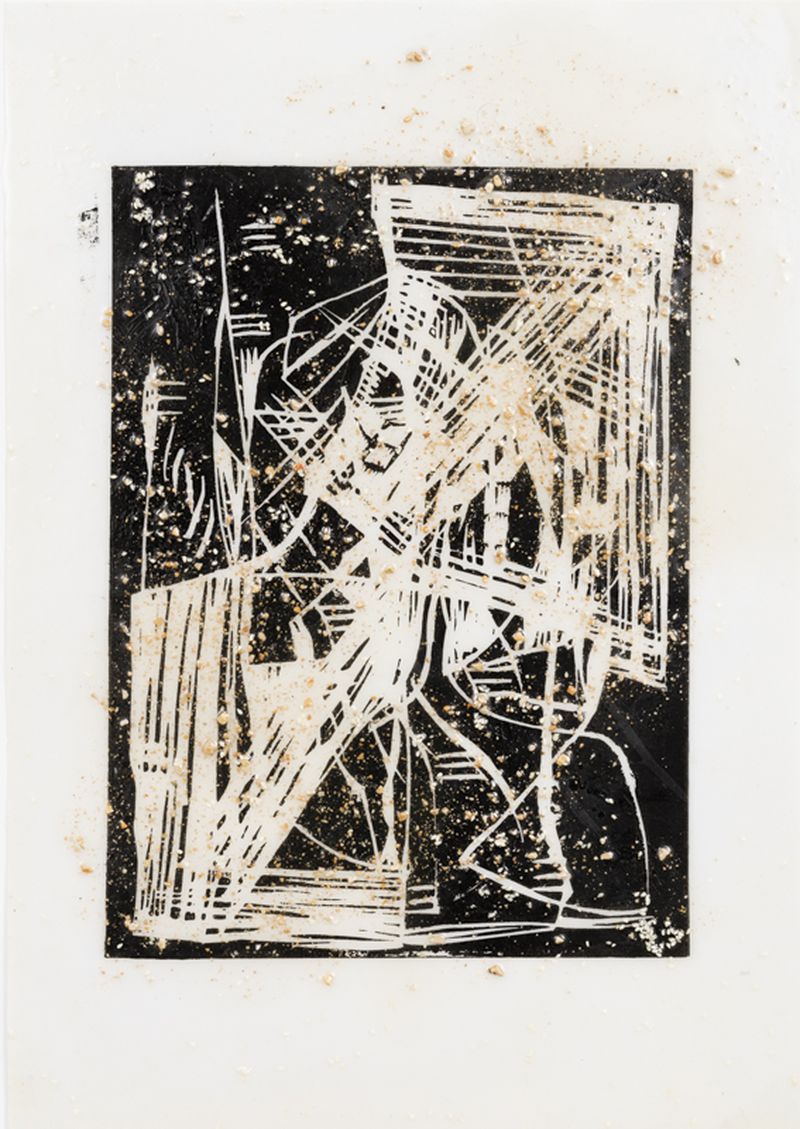
Campbell Patterson
Untitled 5
2015
ink, resin, sesame seeds and kitty litter on paper
230 x 162mm
$1,100 (unframed)
Contact us to purchase this edition.
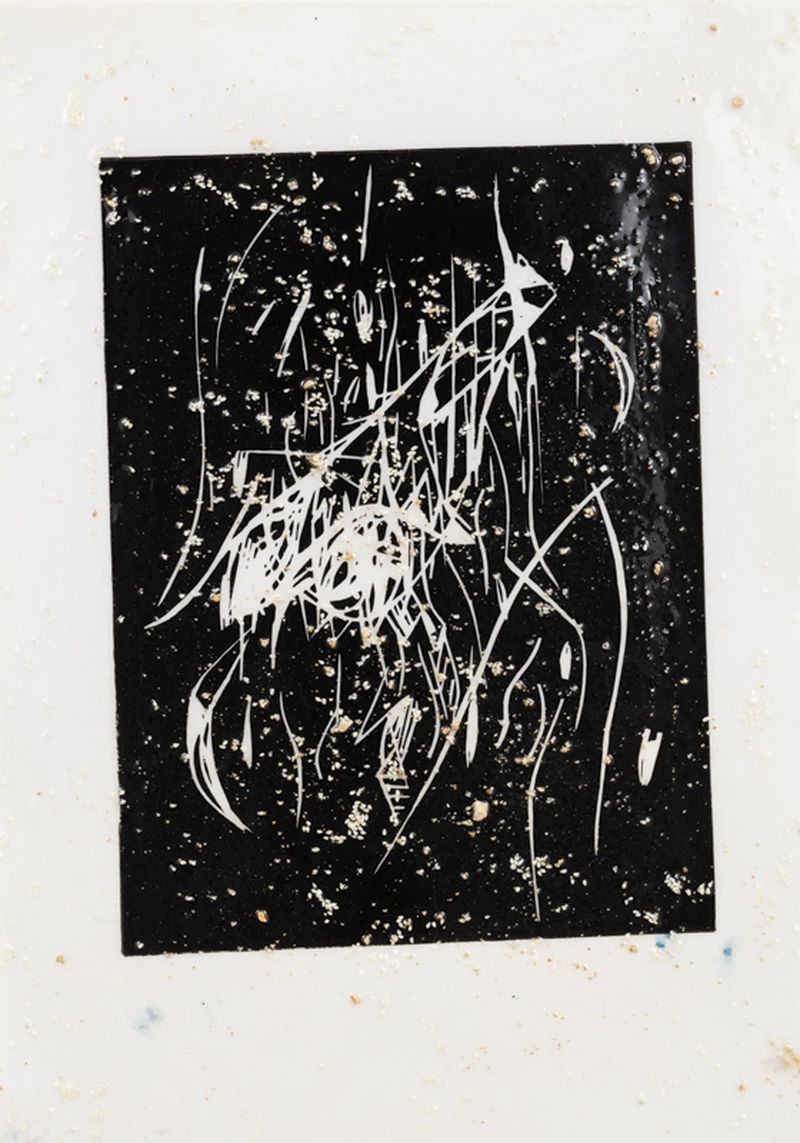
Campbell Patterson
Untitled 4
2015
ink, resin, sesame seeds and kitty litter on paper
230 x 162mm
$1,100 (unframed)
Contact us to purchase this edition.
